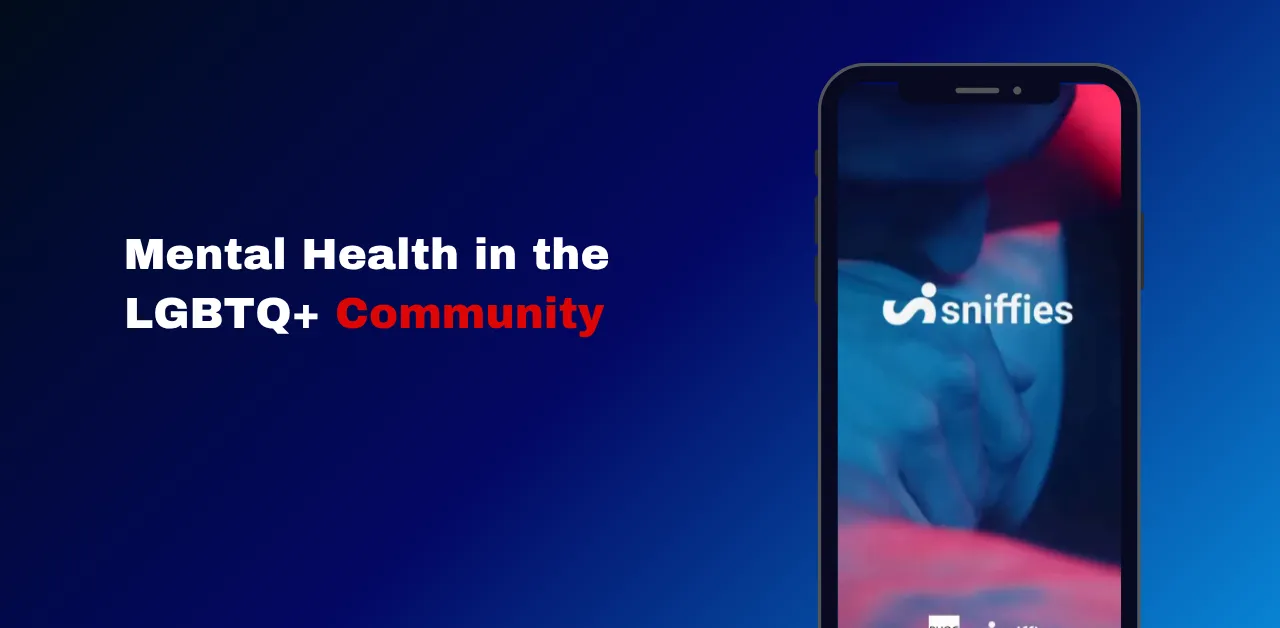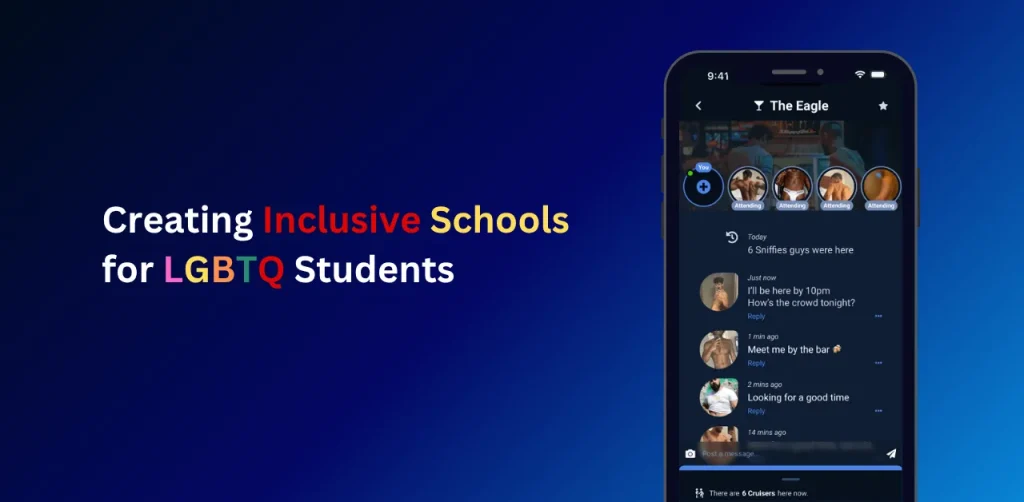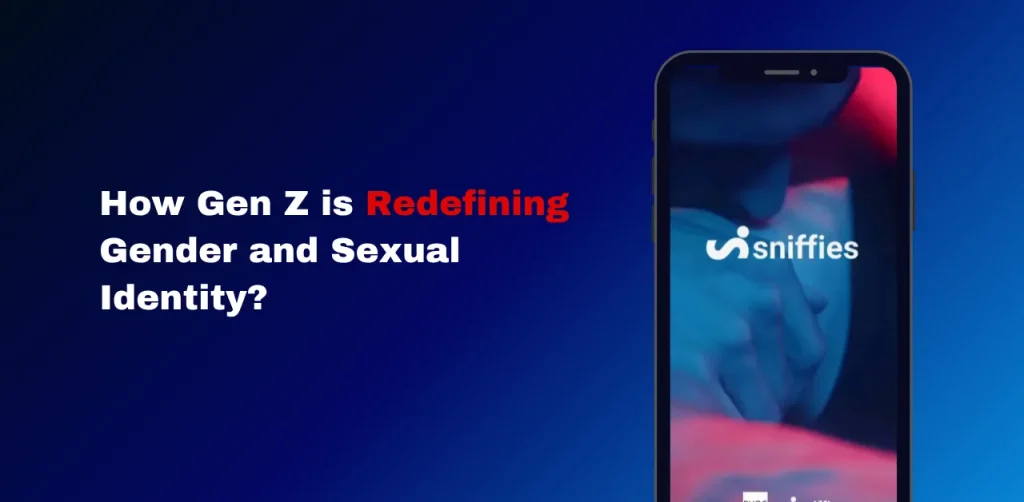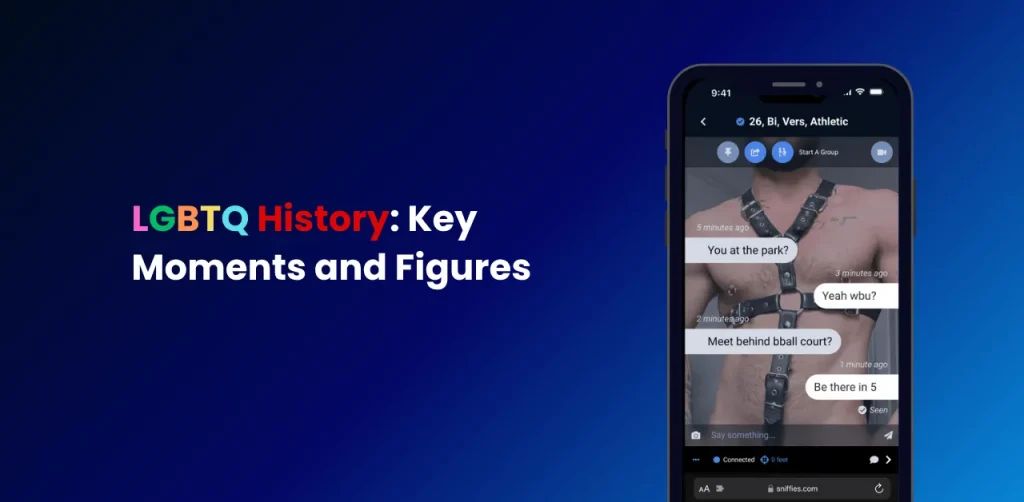Mental Health in the LGBTQ+ Community

Mental Health Challenges in the LGBTQ+ community, where unique challenges like discrimination, stigma, and identity-related stress can take a toll. Studies show that LGBTQ+ individuals face higher rates of anxiety, depression, and suicidal ideation compared to their cisgender, heterosexual peers. For example, The Trevor Project’s 2022 National Survey found that nearly 1 in 5 transgender and nonbinary youth attempted suicide, highlighting the urgency of addressing these disparities.
explores the mental health challenges faced by the LGBTQ+ community, offers actionable strategies for support, and provides resources to foster resilience. Whether you’re part of the community, a loved one, or an ally, you’ll find practical insights to make a difference.
Mental Health Challenges in the LGBTQ+ Community
LGBTQ+ individuals often face unique stressors that impact mental health. Understanding these challenges is the first step to providing effective support.
Discrimination and Social Stigma
- Impact: Facing rejection from family, friends, or society can lead to feelings of isolation and low self-worth. The Trevor Project notes that LGBTQ+ youth in unaccepting communities report higher suicide attempt rates.
- Example: A transgender teen may feel unsafe at school due to bullying, increasing their risk of anxiety or depression.
Lack of Access to Affirming Care
- Barrier: Nearly 60% of LGBTQ+ youth who sought mental health care in the past year couldn’t access it, often due to cost, availability, or lack of affirming providers.
- Solution: Seek online platforms like LGBTQ Therapy Space, which connects users with affirming therapists.
Minority Stress
- Definition: Chronic stress from being part of a marginalized group, as described by Ilan H. Meyer’s research, can compound mental health issues.
- Example: A gay individual may experience ongoing stress from workplace microaggressions, leading to burnout.
Conversion Therapy Risks
- Harm: Conversion therapy, widely discredited by medical organizations, is linked to increased suicide risk and trauma.
- Action: Support bans on conversion therapy and advocate for affirming care.
Strategies for Supporting LGBTQ+ Mental Health
Here are practical, actionable ways to support mental health for LGBTQ+ individuals, whether for yourself or someone you care about.
Create Safe and Affirming Spaces
- At Home: Foster acceptance by using correct pronouns and names. The Trevor Project found that transgender and nonbinary youth in gender-affirming homes had suicide attempt rates less than half those in non-affirming homes.
- In Communities: Support businesses marked as “LGBTQ-friendly” or “Transgender Safe Space” on Google Business Profiles to ensure inclusive environments.
Access Tailored Mental Health Resources
- Online Therapy: Platforms like LGBTQ Therapy Space offer telehealth with therapists trained in queer-specific issues.
- Hotlines: The Trevor Project (1-866-488-7386) provides 24/7 crisis support for LGBTQ+ youth.
- Apps: Digital interventions like SPARX, a cognitive-behavioral therapy game, have shown promise in reducing depression in LGBTQ+ youth.
Build Resilience Through Community
- Support Groups: Join local or online LGBTQ+ support groups to build connections and reduce isolation.
- Social Media: Follow affirming accounts on platforms like Instagram for mental health tips and community stories. For inspiration, check out Pride Events Coverage.
Advocate for Policy Changes
- Local Level: Support policies banning conversion therapy or promoting inclusive school environments.
- National Level: Advocate for equitable healthcare access to reduce barriers to mental health care.
Unique Insights: Digital Tools for Mental Health Support
Digital interventions are transforming mental health care for the LGBTQ+ community. Research highlights their potential to bridge access gaps:
- AFFIRM Online: This cognitive-behavioral therapy program, tailored for LGBTQ+ youth, has reduced depression and stress while improving coping skills.
- Social Media Algorithms: Platforms can use natural language processing to detect harassment and create safer online spaces for queer youth.
- Telehealth Growth: Since 2021, platforms like LGBTQ Therapy Space have seen increased organic traffic by optimizing for keywords like “LGBTQ+ therapy resources,” showing the power of SEO in connecting users to care.
Why is mental health important for LGBTQ+ people?
It addresses high rates of depression and suicide.
How can I support LGBTQ+ mental health?
Use affirming language and share resources.
What resources help queer youth?
TrevorSpace and GSAs offer safe spaces.
Why Support Matters
LGBTQ+ mental health needs attention. Stigma and barriers hurt, but affirming care and allies help. In 2025, fight for inclusion and share resources. Post your support on X with #LGBTQMentalHealth and explore queer youth advocacy. Let’s build a healthier future! 🌟
Make sure to visit our article on LGBTQ+ Identification Trends & Power of LGBTQ+ Representation in Media for more tips.






